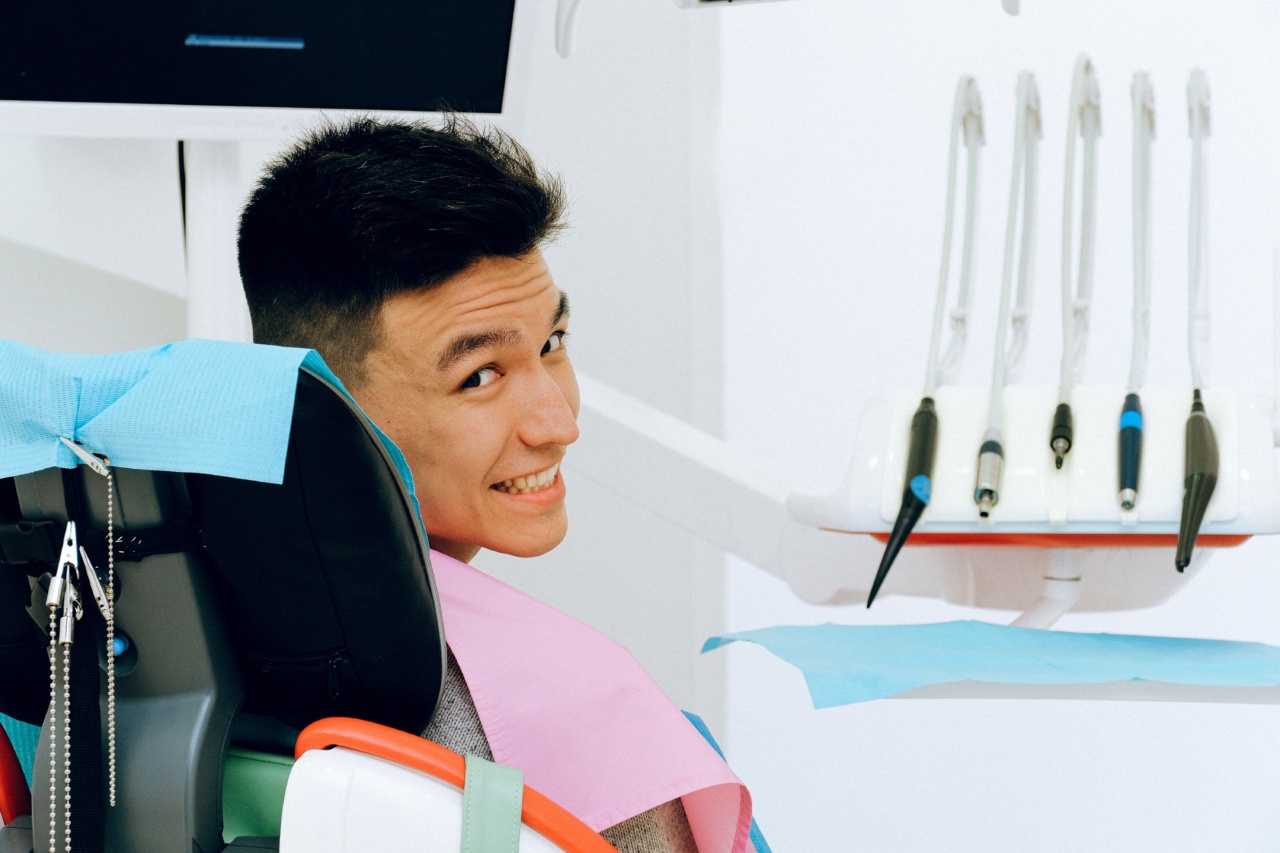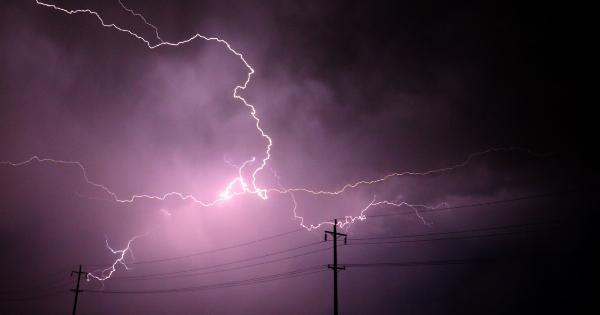Teeth cracking, also known as bruxism, is a condition where a person grinds or clenches their teeth during sleep. It is a common problem affecting millions of people worldwide, and it can cause various dental and overall health concerns.
Some of the reasons why teeth cracking occurs during sleep include:.
Stress and Anxiety
Stress and anxiety are leading causes of teeth cracking. When a person is stressed or anxious, the muscles in their jaws become tense and lead to teeth grinding.
This strain causes the teeth to rub against each other, leading to wear, and tear that can result in cracks and fractures.
Malocclusion or Misaligned Teeth
Malocclusion or misaligned teeth is another reason why teeth cracking might occur. If the teeth do not correctly align, this can cause stress on the jaws.
This leads to unconscious grinding and clenching of teeth during sleep which, in turn, leads to cracking.
Sleep Disorders
Individuals who have sleep disorders, such as sleep apnea, are more likely to grind their teeth during the night, leading to teeth cracking.
How to Identify If You Have Teeth Cracking During Sleep
Teeth cracking during sleep is an unconscious activity, which makes it challenging to identify the issue by yourself. However, there are some tell-tale signs that indicate you might be suffering from this condition. They include:.
- Chipped or broken teeth
- Jaw pain or discomfort
- Inability to move jaw freely or smoothly
- Waking up with headaches
- Increased tooth sensitivity to extreme temperatures or pressure
How to Prevent Teeth Cracking During Sleep
If you suspect that you grind your teeth during sleep, there are a few things you can do to prevent it. Some of the most effective include:.
Stress Management
Managing stress is the simplest technique to prevent teeth cracking. Find activities that help you to relax, such as yoga, meditation, or reading a book before bed.
You could also seek professional help, such as counseling or therapy, to address the root cause of your anxiety and stress.
Use a Mouthguard
Mouthguards are dentist-prescribed dental appliances that help prevent teeth cracking during sleep. They work by preventing the teeth from rubbing against each other, which leads to wear, tear, and fractures.
Avoid stimulating Substances Before Bedtime
You should avoid consumption of caffeine, alcohol or tobacco before bedtime. These substances stimulate the brain and the nervous system, which can lead to teeth cracking.
Correct Misaligned Teeth
If misaligned teeth are the cause of your teeth cracking during sleep, visit your dentist for corrective procedures. Fixing misaligned teeth helps to balance the biting force and reduces the strain on the jaws, preventing teeth cracking.
Treat Sleep Disorders Promptly
If you have a sleep disorder, like sleep apnea, seek prompt medical attention. Treating the underlying condition reduces the likelihood of teeth cracking from occurring.
Conclusion
Teeth cracking, while uncomfortable, can be prevented by taking effective measures.
Observing good oral hygiene, avoiding stimulating substances before bedtime, managing stress, and investing in corrective procedures for misaligned teeth will all contribute to better dental health, and the prevention of teeth cracking.






























